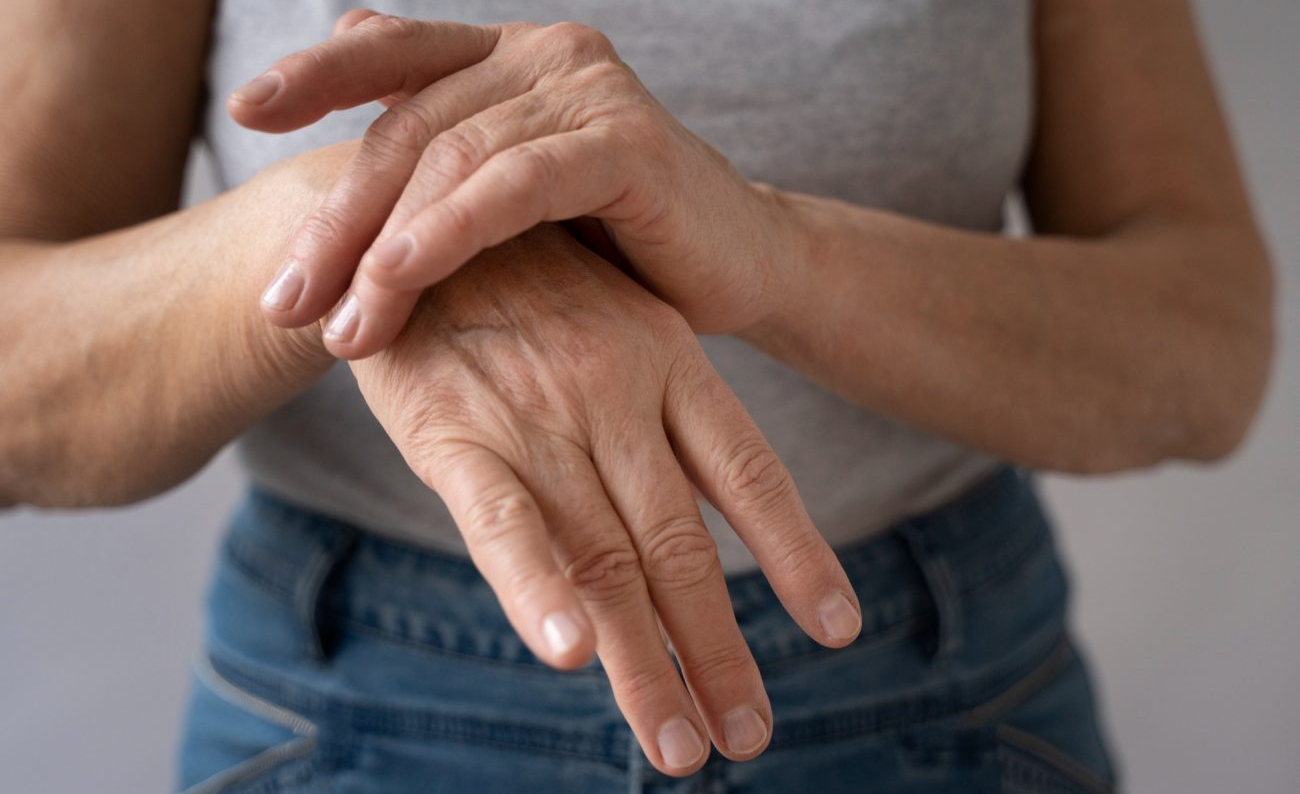
The 5 Stages of Parkinson's Disease
Parkinson's Disease is a progressive neurological disorder that affects motor function due to the loss of dopamine-producing brain cells. It typically develops gradually and is divided into five stages, each characterized by different sets of symptoms that progressively worsen. Understanding these stages helps in managing the disease effectively.
Stage 1: Mild Symptoms
In the initial stage, patients experience mild symptoms that typically do not interfere with daily activities. Tremor and other movement symptoms are prevalent on one side of the body. Changes in posture, walking, and facial expressions may occur, although they can be subtle and often go unnoticed.
Stage 2: Symptoms Worsen
Stage 2 is characterized by the worsening and spreading of symptoms. Tremors, rigidity, and other movement difficulties become more apparent on both sides of the body. Daily tasks may take longer to complete, but individuals can still live independently at this stage.
Stage 3: Mid-Stage Disease
In Stage 3, loss of balance and slowness of movements (bradykinesia) are significant. Falls become more common due to the loss of balance. Though individuals with Stage 3 Parkinson's Disease can still perform tasks independently, these tasks are often significantly affected.
Stage 4: Severe Symptoms
Stage 4 is marked by severe symptoms that limit movement and increase dependency. While patients may still be able to stand unassisted, walking may require the aid of a walker. They require assistance for most daily activities and are unable to live alone at this stage.
Stage 5: Most Advanced Stage
The last stage is the most debilitating, where stiffness in the legs may make it impossible to stand or walk and require a wheelchair. Around-the-clock nursing care is mandatory. Non-motor symptoms, such as hallucinations, delusions, and confusion, may appear. It greatly impacts the quality of life and necessitates intensive care and support.
For more detailed insights, you can refer to sources like the Parkinson's Foundation and The Michael J. Fox Foundation.
Precautions to Take
Managing Parkinson's Disease involves incorporating a series of precautions into daily life to enhance safety and maintain the quality of life. Here are some essential precautions patients and caregivers should consider:
Medication Management
Ensure medications are taken at the same time daily. Understand the impact of delay or missing doses. Develop a system such as alarms or a diary to keep track of medication schedules, and consult with healthcare providers regularly to adjust doses as needed.
Staying Active
Regular physical activity helps maintain mobility and balance. Engage in exercises tailored to individual needs, focusing on strength, balance, flexibility, and aerobic fitness. Consult a physical therapist for a custom exercise program.
Home Safety
Modify homes to reduce fall risks. Install grab bars in the bathroom, remove tripping hazards like loose rugs, ensure proper lighting, and keep walkways clear. Consider wearing non-slip footwear.
Healthy Diet
Maintain a balanced diet to improve overall health and potentially ease some symptoms. Focus on a high-fiber diet to combat constipation, and stay hydrated. Consult a dietician for personalized dietary plans.
Support Network
A strong support network is crucial. Involve family and friends in providing emotional support. Attending support groups can also help share experiences and coping strategies.
Conclusion
Parkinson's Disease is a complex and progressive condition that requires a thorough understanding of its stages and related precautions for effective management. With a structured approach involving medication, physical activity, home safety, dietary adjustments, and a strong support system, it is possible to maintain a quality life despite the challenges posed by the disease. Continuous education and adaptation play crucial roles in managing Parkinson's Disease. For further education, refer to trusted resources and seek guidance from healthcare professionals specializing in neurological disorders.
For further reading on precautions and lifestyle adjustments in Parkinson's Disease, consider exploring articles available at Mayo Clinic and CDC.

